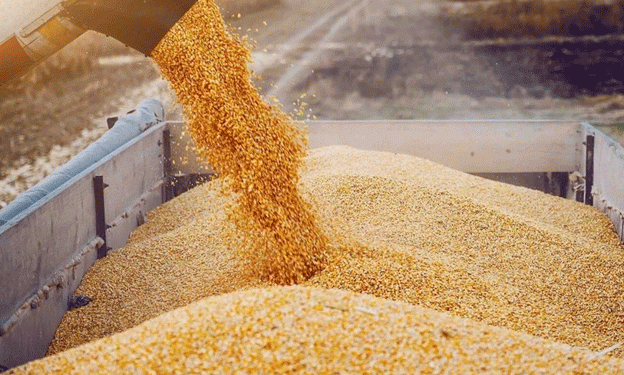In January 2025, Tajikistan imported approximately 112,800 tons of wheat, marking a 2.4-fold increase compared to the same period in the previous year. This surge underscores the nation’s escalating domestic demand and the critical need to strengthen food security measures. Kazakhstan remains the principal supplier, with its wheat exports to Tajikistan rising by 18% year-over-year, reflecting both the heightened demand and the growing preference for Kazakhstani wheat.
Despite a 4.2% increase in domestic grain production, totaling 1.82 million tons in 2024, Tajikistan continues to rely heavily on imports to meet its wheat consumption needs. Notably, over 90% of these imports are sourced from Kazakhstan.
This dependency is influenced by global wheat price fluctuations and supply chain uncertainties. Experts recommend that Tajikistan expedite its procurement of Kazakhstani wheat to mitigate potential shortages and price hikes, especially in light of possible export restrictions beyond the Eurasian Economic Union (EAEU).
Kazakhstan has expressed readiness to increase its wheat exports to Tajikistan. In 2024, Kazakhstan exported approximately 1.3 million tons of grain to Tajikistan, with 633,000 tons being from the new harvest—a 57% increase compared to 2023.
To further support this trade, the Kazakhstani government has introduced transport subsidies, ensuring that export prices to Central Asian countries, including Tajikistan, do not fall below $190 per ton. Additionally, exporters can access subsidies of 20,000 tenge per ton for shipments to Tajikistan, Turkmenistan, Uzbekistan, and China, aiming to stabilize prices and optimize procurement processes.
To ensure reliable grain supplies, Kazakhstan’s National Company “Prodcorporation” has proposed investments in its agricultural sector, enabling local farmers to cultivate crops that meet Tajikistani consumers’ preferences. Discussions are also underway to expand cooperation in supplying sugar, vegetable oil, and meat, which could further strengthen trade relations between the two countries.
The significant increase in Tajikistan’s wheat imports in early 2025 highlights the pressing need for strategic planning to enhance food security. Strengthening agricultural collaboration with Kazakhstan, a key wheat supplier, emerges as a viable solution. By leveraging favorable trade terms, subsidies, and potential joint agricultural ventures, Tajikistan can better navigate global market volatility and ensure a stable food supply for its population.
Error




